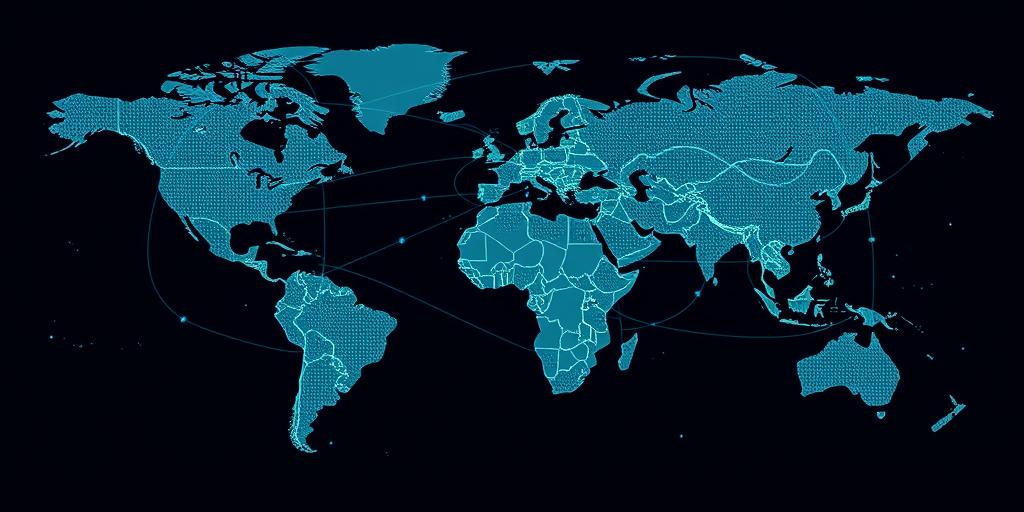The Future of Global Trade: New Alliances and Tensions
Global trade is undergoing a significant transformation, marked by the emergence of new alliances and escalating tensions. This article explores the key factors shaping the future of international commerce, examining the opportunities and challenges that lie ahead.
The Reshaping of Trade Alliances
Traditional trade relationships are being redefined as countries seek new partnerships to diversify their markets and reduce reliance on single dominant players. Regional trade agreements are gaining prominence, fostering closer economic ties between nations within specific geographic areas. Examples include the Comprehensive and Progressive Agreement for Trans-Pacific Partnership (CPTPP) and the African Continental Free Trade Area (AfCFTA), which aim to lower trade barriers and promote economic integration among member states.
Geopolitical Tensions and Trade Wars
Rising geopolitical tensions and trade wars are disrupting global supply chains and creating uncertainty for businesses. The imposition of tariffs and other trade restrictions can have far-reaching consequences, impacting economic growth, inflation, and consumer welfare. These tensions underscore the need for countries to pursue multilateral solutions and engage in constructive dialogue to resolve trade disputes.
Technological Advancements and E-commerce
Technological advancements, particularly in e-commerce and digital platforms, are revolutionizing global trade. E-commerce has lowered barriers to entry for small and medium-sized enterprises (SMEs), enabling them to reach customers around the world. Digital technologies are also transforming logistics and supply chain management, making trade faster, more efficient, and more transparent.
Sustainability and Ethical Considerations
Sustainability and ethical considerations are playing an increasingly important role in global trade. Consumers are demanding more sustainable products and practices, putting pressure on businesses to adopt environmentally friendly and socially responsible approaches. Governments are also implementing regulations to promote sustainable trade, such as carbon tariffs and due diligence requirements for supply chains.
The Rise of Protectionism
In recent years, there has been a growing trend toward protectionism, with some countries imposing tariffs and other trade barriers to protect domestic industries. While protectionism may provide short-term benefits to certain sectors, it can also harm overall economic growth and reduce consumer choice. It is essential for countries to strike a balance between protecting domestic interests and promoting open and fair trade.
Navigating the Future of Global Trade
To navigate the evolving landscape of global trade, businesses and policymakers need to:
- Embrace diversification and explore new markets.
- Invest in technology to enhance efficiency and transparency.
- Prioritize sustainability and ethical practices.
- Engage in constructive dialogue to resolve trade disputes.
- Advocate for policies that promote open and fair trade.
By embracing these strategies, countries and businesses can harness the opportunities of global trade while mitigating the risks and challenges that lie ahead. The future of global trade will be shaped by the choices we make today, and it is essential to work together to create a more prosperous and sustainable world for all.
